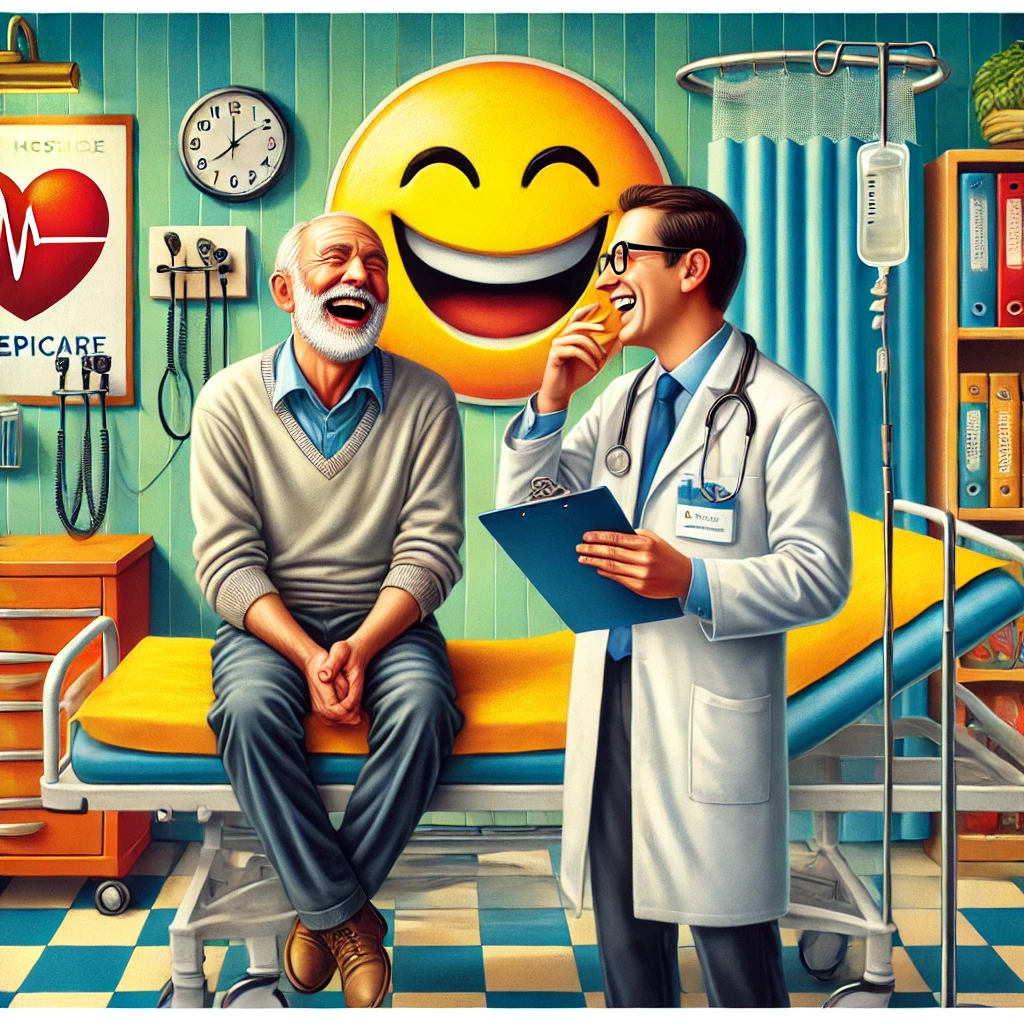Medicine and humor, seemingly disparate fields, share a unique connection in enhancing the healing process. Renowned Urdu humorist and doctor Dr. Abid Moiz has masterfully bridged this gap through his writings and practices, emphasizing how humor can enrich doctor-patient relationships and improve health outcomes. This article delves into the concept of “medicine and mirth,” highlighting its transformative potential in the modern healthcare setting.
The Intersection of Humor and Healthcare
Doctors, often seen as stern and focused individuals, wield humor as a subtle yet powerful tool. Studies suggest that humor alleviates stress, fosters trust, and can positively influence clinical outcomes. As Dr. Moiz describes in his book Hansi, Tanzo Mizah Aur Doctor (Humor, Satire, and Doctors), laughter doesn’t just lighten the mood—it also catalyzes happiness, which can be therapeutic.
Dr. Moiz’s insights reveal a fine balance between mizah (humor) and tanz (satire), two styles often intertwined in Urdu literature. Humor softens the critical edges of satire, making it more palatable. This nuanced use of language serves a dual purpose in medicine: offering a momentary escape from pain while humanizing the often-intimidating clinical environment.
Doctors as Humor Writers
A striking feature of Dr. Moiz’s work is his documentation of doctors across South Asia who incorporate humor into their practice and writing. His book includes anecdotes and articles from 16 notable doctor-writers, such as Taher Quraishi and Syed Abdul Mannan. These physicians explore the lighter side of healthcare, presenting relatable patient experiences with a comedic twist. For instance, humorous takes on medical tests or amusing patient-doctor interactions resonate deeply with readers while subtly educating them.
This approach not only entertains but also promotes patient compliance. When complex medical concepts are presented humorously, they become more understandable and less intimidating.
The Science of Laughter in Healing
The therapeutic potential of laughter is well-documented. It releases endorphins, reduces stress hormones, and enhances immune responses. Integrating humor into treatment strategies, as advocated by Dr. Moiz, could lead to:
- Improved mental well-being in patients.
- Enhanced communication between healthcare providers and patients.
- A more positive work environment for healthcare professionals.
The challenge lies in striking the right balance. Humor must be sensitive to the patient’s situation and cultural context to ensure it comforts rather than offends.
Humor in Urdu Literature and Beyond
Urdu literature, with its rich tradition of satire and humor, offers a treasure trove of inspiration for blending medicine with mirth. Dr. Moiz, who has authored ten books, highlights how this literary heritage can be leveraged to make healthcare narratives more engaging. This approach can inspire a global movement where humor becomes an integral part of patient care, transcending linguistic and cultural barriers.
As modern life grows increasingly stressful, humor provides a much-needed respite. The works of Dr. Abid Moiz underscore the importance of laughter in medicine, urging healthcare professionals to embrace their lighter side. By doing so, they can transform the clinical experience into one that heals not just the body but also the soul. In the words of Dr. Moiz, humor “tickles while it heals,” reminding us that medicine and mirth are not just compatible—they are indispensable partners in the art of healing. #hydkhabar

